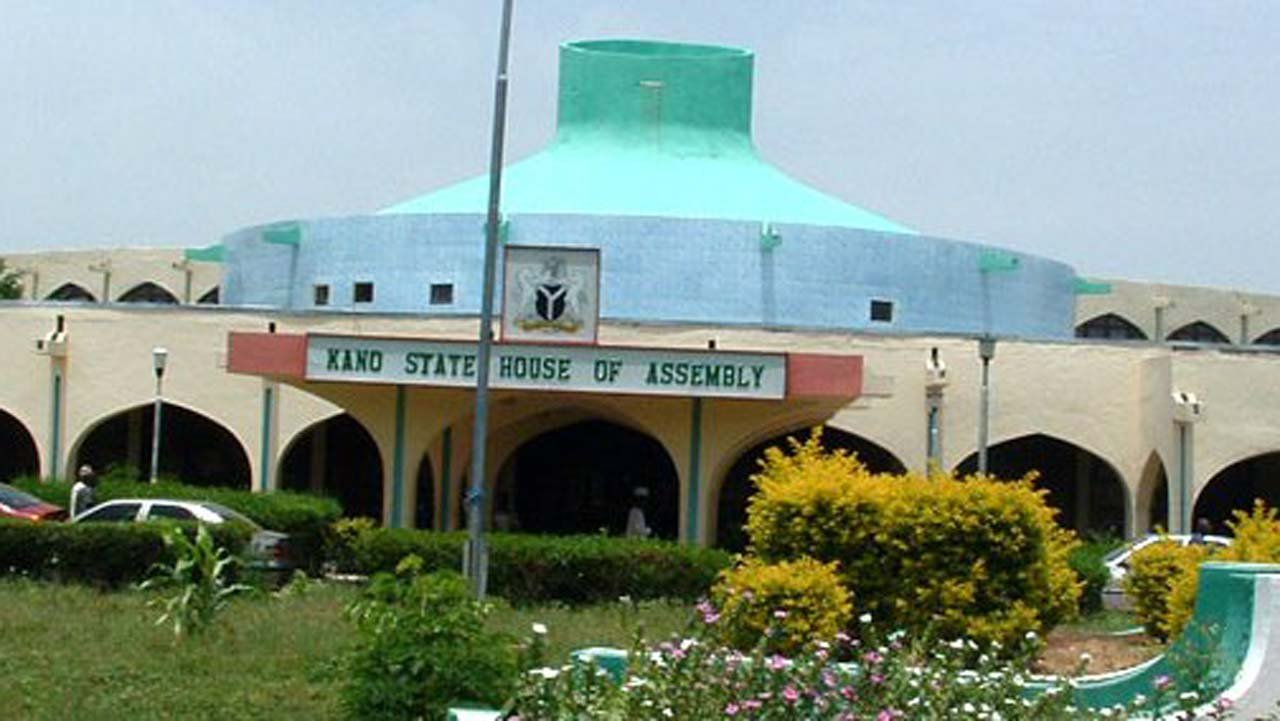The Kano State House of Assembly on Monday rejected the Tax Reform bills currently under consideration at the National Assembly.
At a plenary, presided over by the Speaker, Isma’il Falgore, the lawmakers kicked against the bills after extensive deliberation.
The Majority Leader, Lawan Husseini (ANPP-Dala) introduced a motion of ‘urgent public importance,’ emphasising the need for northern lawmakers and the Conference of Speakers to prevent the passage of the bills.
Husseini argued that if passed into law, the bills would not benefit the Northern States.
He condemned the Senate’s decision to approve the bills, saying, “We view it as a deliberate effort to sabotage the economy, increase hardship and further impoverishing the region.”
Husseini expressed concern over the proposed VAT allocation system, noting that states like Lagos, where major corporations such as Nigerian banks, telecommunications companies, and multinational companies were headquartered, would receive the largest share of the VAT.
“Lagos and its environs would account for 80 percent of the VAT collected in Nigeria, leaving northern states with a minimal share,” he said.
He warned that if allowed to scale through, the bill would further weaken northern states, potentially rendering some unable to pay salaries and worsening poverty and hardship.
Supporting the motion, Salisu Mohammed (APC-Doguwa) urged the upper legislative house to focus on more pressing national issues, such as attention insecurity and unemployment, instead of rushing the tax reform bills through the legislative process.
Similarly, Murtala Kadage (ANPP-Garko) called for unity among lawmakers to prevent the bills from passing, for the benefit of the region.
The News Agency of Nigeria (NAN) reports that the Kano House called on northern members of the Senate and House of Representatives, along with the Conference of Speakers, to take swift and decisive action to block the passage of the bills.



























